Welcome to our new website! We have put our hearts and souls to create it so we hope you love it as much as we do. If you click on the menu (three lines on the top left of every page), you will find all the pages we have included in this website:
–
Home: You can leave this page and go to the homepage by clicking on the CCEM logo or on this menu item. In the homepage, you will find the most recent news, events, and notices highlighted in the slider at the top, and in the
Latest News section down below. There is also a
Twitter feed you can follow us at, and right below it, a slider that includes some selected links to our academic affiliates and the main Irish funding agencies. Finally, at the bottom of the page, you will find a
Contact section that will tell you where to find us and our contact details.
–
News: In this page, you will be able to read all the news that we periodically publish, filter them by topic or sort them in any order.
–
Research: Do you want to know more about what do we do? In this page, we explain in some detail our main areas of research.
–
Publications: This is a page with all the publications of the group, with a live counter of the number of publications, collaborators and received citations to date. You can also access all of the publications on the corresponding journal site by clicking on the table of contents graphics.
–
Group Members: Do you want to meet the members of the CCEM group? In this page, you can find a list of all current and former group members including their contact details and some relevant information.
–
Group Pictures: In this page, we occasionally upload cool pictures of the Trinity College campus as well as the various activities we do in our group like travels and excursions.
–
Open Positions: Do you want to join our group? We will periodically update this page with newly available positions and the details of how to apply to them.
–
Collaborations: Here you will find all our collaborators around the world that we work with.
–
Facilities: Go to this page if you want to check out the amazing high-performance computing resources that we have access to.
We believe this website shows some of the values that we intend to promote in the CCEM group: the passion for Science, companionship, hard work, and a different approach to catalysis research. Thanks for visiting our website!
 General
General
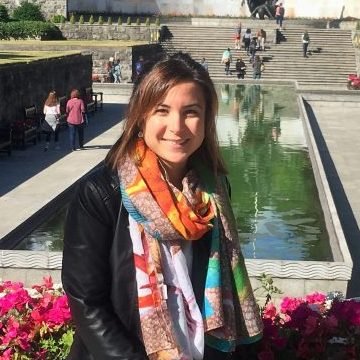
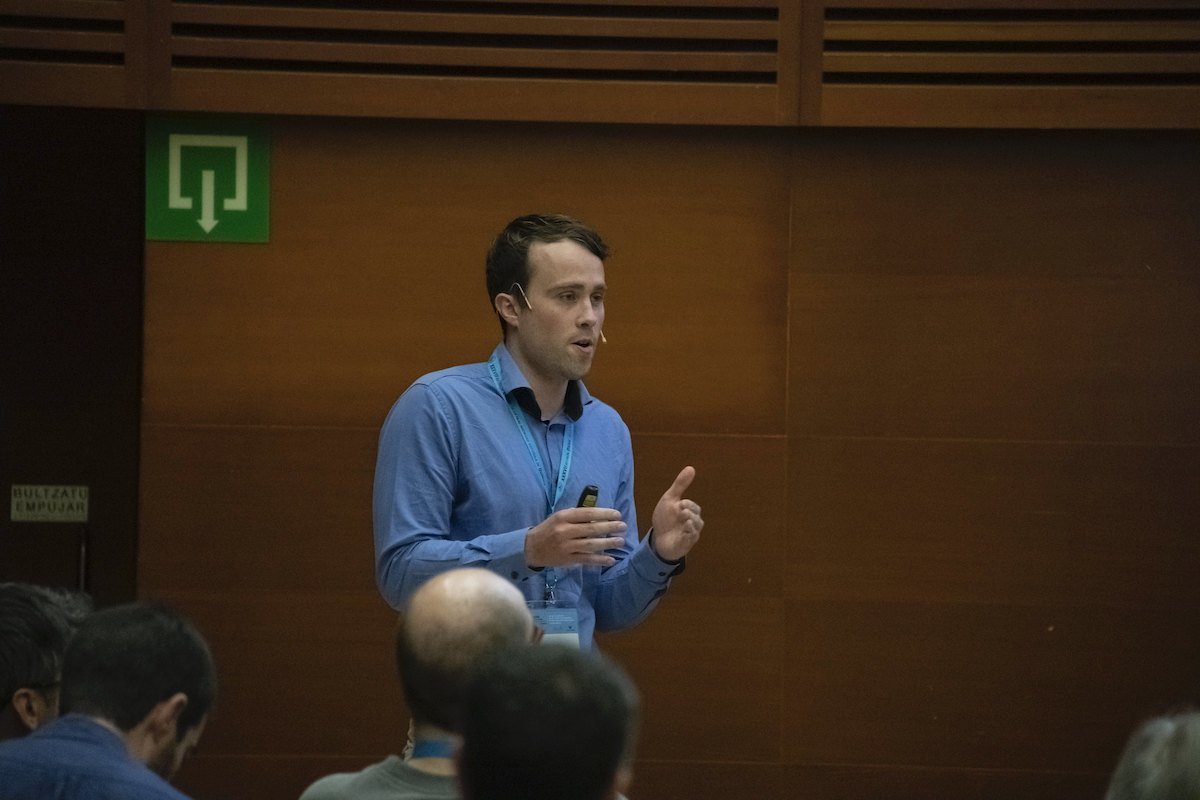

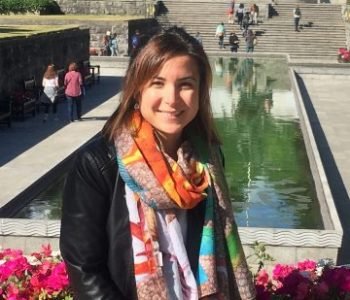
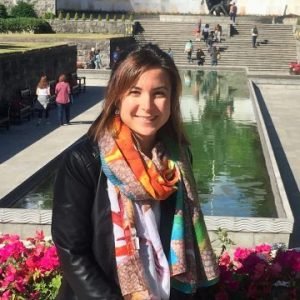 Following the ever-growing trend of our group, we welcome Arantxa Davó, a visiting 3rd-year PhD student from the group of Prof. Agustín Bueno and Prof. Dolores Lozano (U. Alicante). Her research focuses on developing catalysts for sustainable energy and environmental protection. She has joined our group to complement her experimental research on preferential oxidation of CO with periodic-DFT calculations. We are delighted to have you in our group Arantxa!
Following the ever-growing trend of our group, we welcome Arantxa Davó, a visiting 3rd-year PhD student from the group of Prof. Agustín Bueno and Prof. Dolores Lozano (U. Alicante). Her research focuses on developing catalysts for sustainable energy and environmental protection. She has joined our group to complement her experimental research on preferential oxidation of CO with periodic-DFT calculations. We are delighted to have you in our group Arantxa!
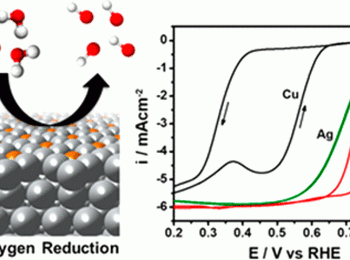
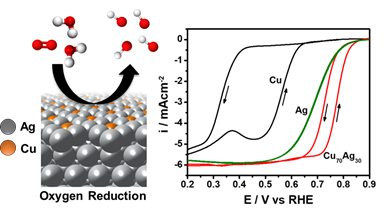


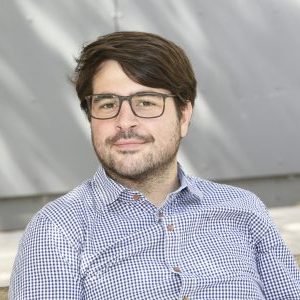
 Today we welcome a new member to the group, Pablo Gómez-Orellana. Pablo is a 3rd year PhD student from the Universitat Autònoma de Barcelona working under the supervision of Prof. Gregori Ujaque and Prof. Agustí Lledós. His doctorate research focuses on the computational modelling of hydroamination reactions catalysed by transition metal complexes.
Today we welcome a new member to the group, Pablo Gómez-Orellana. Pablo is a 3rd year PhD student from the Universitat Autònoma de Barcelona working under the supervision of Prof. Gregori Ujaque and Prof. Agustí Lledós. His doctorate research focuses on the computational modelling of hydroamination reactions catalysed by transition metal complexes. 
